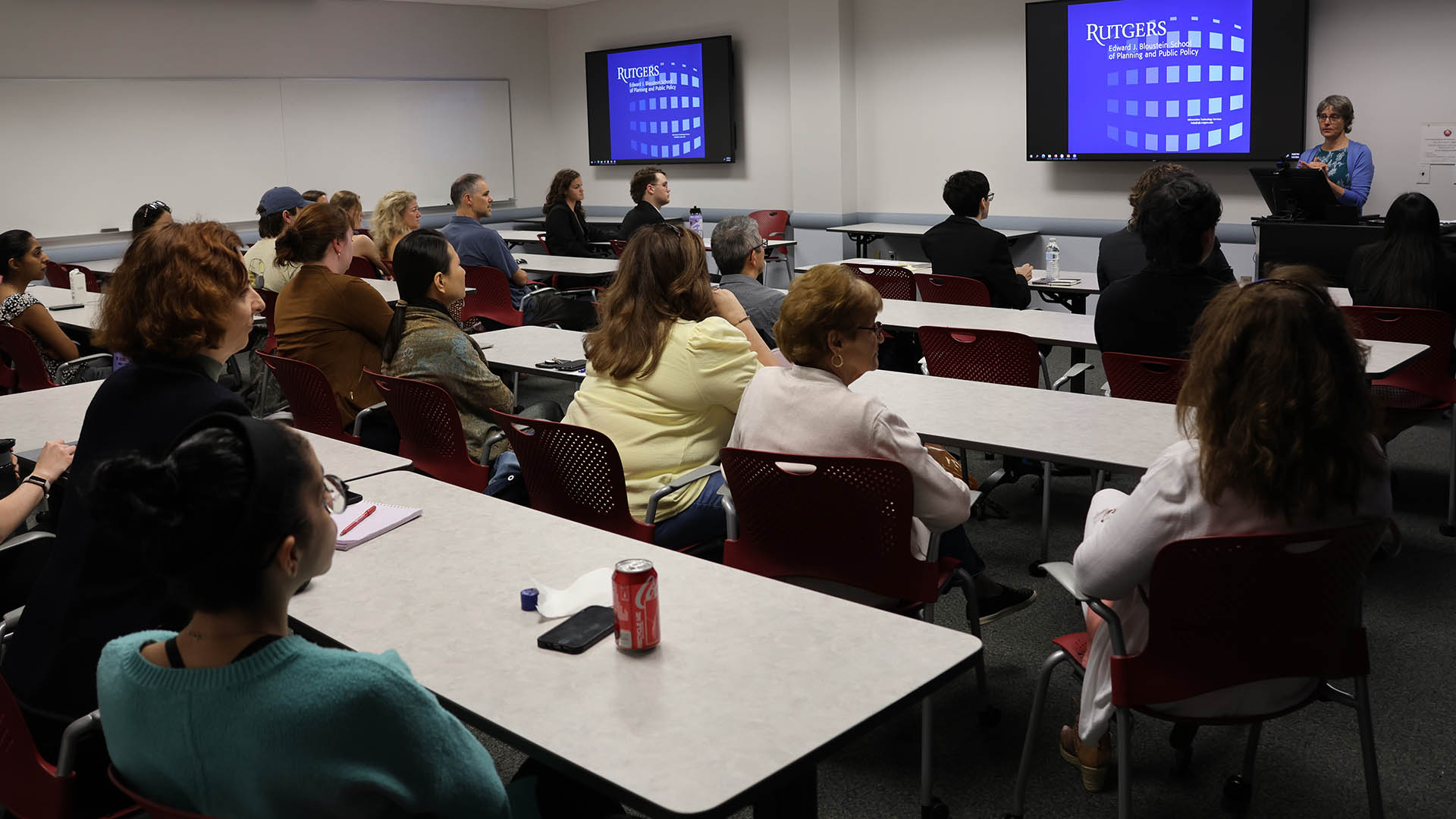The project integrates multi-dimensional human perception data, collected using physiological sensors, with refined street-level built environment data, extracted using the latest computer vision techniques, to systematically understand how e-scooter riders and active travelers perceive the built environment and identify factors that influence travel satisfaction.
Topic
e-scooter
New Jersey State Policy Lab: Emerging transportation modes- what are the implications for policy?
New modes of transportation have the potential to provide better access for all, including people with limitations due to age, physical fitness levels, or disabilities. The secret ingredient is to provide a safe street space that is welcoming to all users.
Research: Does weather affect micromobility?
When deciding whether to use a shared dockless e-bike, docked bikeshare, or shared e-scooter, weather is often a factor in user decision making.
Bloustein School is recipient of $1.5M grant focusing on making micromobility safer, smarter
These NSF investments create scientific and engineering foundations for smart cities and communities and help enhance overall quality of life.
Upcoming Events
Undergraduate New Student Information Session for Fall 2024 Majors
Bloustein School, Civic Square Building 33 Livingston Avenue, New Brunswick, NJ, United StatesIn-Person Session August 27th The Bloustein School is hosting the annual undergraduate student orientation for new majors on Tuesday, August 27, 2024. Newly enrolled direct-admit students in Planning and Public Policy, […]
International Student Resources Information Session and Panel
VirtualMeet your Bloustein Graduate student services/career team and the Bloustein Liaison to our international students. The second hour will be a panel of international alumni who will share their journey […]
Virtual Career Drop-ins
VirtualStop by virtually on Mondays (except for holidays) beginning September 9th through December 16th between 11 am and 1 pm to ask a quick (15 min) career-related question of Bloustein […]
Virtual Career Drop-ins
VirtualStop by virtually on Mondays (except for holidays) beginning September 9th through December 16th between 11 am and 1 pm to ask a quick (15 min) career-related question of Bloustein […]
Undergraduate Research Discovery Session: Public Health and Public Policy
Bloustein School, Civic Square Building 33 Livingston Avenue, New Brunswick, NJ, United StatesDr. Jane Miller will present information about the Bloustein Honors Research Program (BHRP) and independent study options available. Dr. Liz Cooner, Director of the NJ State Policy Lab, will be […]




